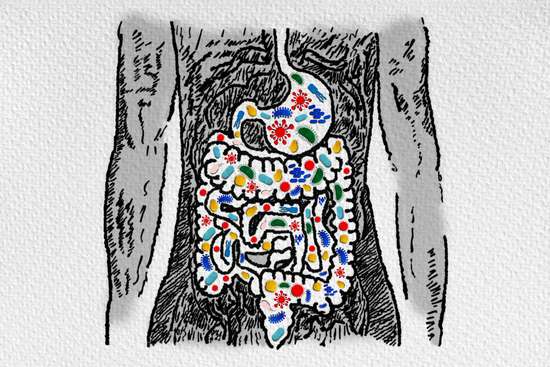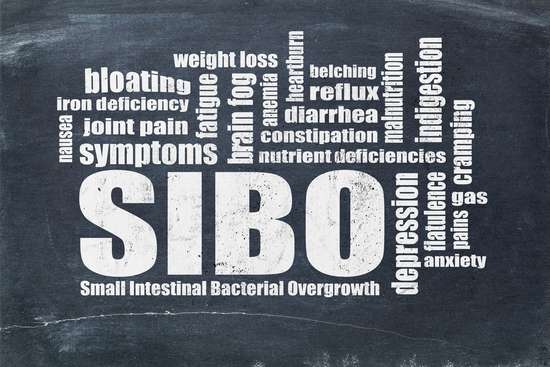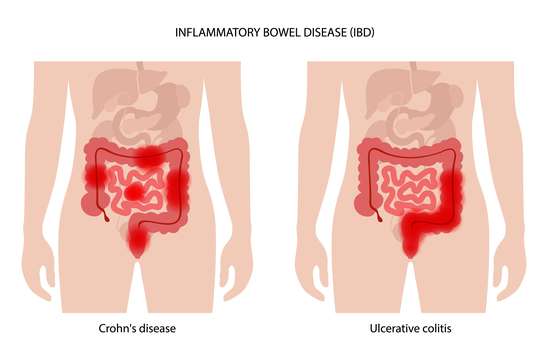Nutrition for Rheumatoid Arthritis
Rheumatoid arthritis (RA) is a systemic autoimmune disease characterized by inflammation and damage to the joints, with progressive destruction of cartilage and bones. Genetic and environmental factors determine one’s susceptibility to develop this condition. In recent years, a growing number of studies have shown that diet plays a central role in the risk and progression of the disease. While there isn’t really a consensus about which diet to adopt with RA, several nutrients can exert anti-inflammatory and antioxidant properties, with a protective role against the development of RA, while others may, on the other hand, increase inflammation. Alteration of the gut microbiota as well as changes in body composition also have a role to play in the onset and progression of RA. Read this article to find out what to eat for RA.





